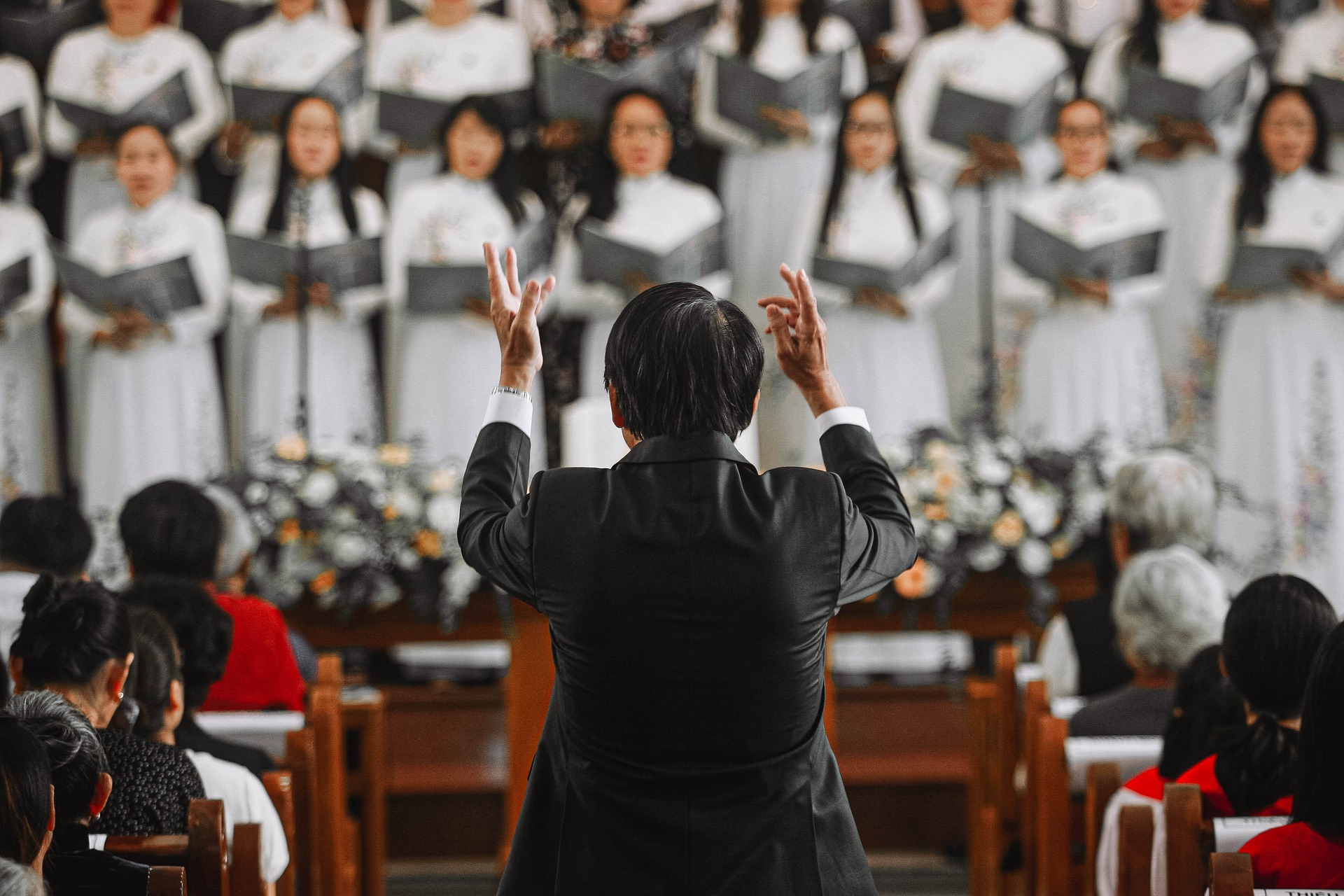
A trial court hit Calvary Chapel with over $30,000 in sanctions for violating court injunctions that required the church to comply with local Covid restrictions. The church steadfastly refused to enforce the state and local rules that imposed capacity limitations on indoor gatherings, and that required face masks and the submission of a social-distancing protocol. The court enjoined the church to follow the protocols, on pain of daily sanctions.
The church petitioned the Court of Appeal for review from the contempt orders. And in People v. Calvary Chapel San Jose (D6 Aug. 15, 2022 No. H048708) 82 Cal.App.5th 235, the Sixth District agreed with the church.
Noting a string of recent U.S. Supreme Court decisions siding with California churches, the California Court of Appeal gleaned the rule that a pandemic-related public health order prohibiting indoor gatherings is not likely to pass constitutional muster if that health order prohibits church services while permitting “any other type of indoor secular activity.” In the most recent case, Tandon v. Newsom (2021) 593 U.S. ——, 141 S.Ct. 1294, the Supreme Court concluded that “[t]his is the fifth time the Court has summarily rejected the Ninth Circuit's analysis of California's COVID restrictions on religious exercise.”
Here, the public health orders imposed four types of restrictions on the church:
The Court of Appeal held that the capacity restriction could not satisfy strict scrutiny, because the restriction exempted secular activities like bus stations, airports, grocery stores, restaurants, office buildings, and retail stores. “We are mindful,” said the Sixth District, “that in Tandon, the Supreme Court stated that “at-home religious exercise” was comparable for purposes of the Free Exercise Clause to “hair salons, retail stores, personal care services, movie theaters, private suites at sporting events and concerts, and indoor restaurants.” (Tandon, supra, 593 U.S. at p. ––––, 141 S. Ct. at p. 1297.)”
In fact, the prosecution did even not dispute that the capacity limitations could satisfy strict scrutiny review.
But the court did not reach whether the other restrictions could pass muster. The court held that even if they were valid, the prosecution did not provide a record of the basis for the daily sanctions. Instead, the government “imposed a single, aggregate punishment” for violation of all of the orders. As the court found at least one of those orders was unconstitutional, the the contempt order must be reversed in its entirety.
If you are interested in how the U.S. Supreme Court has dealt with church challenges to Covid restrictions, the Sixth District Court of Appeal provides a good summary. And here is the court’s takeaway:
“From these decisions, we understand the United States Supreme Court to hold that where a pandemic-related public health order prohibiting indoor gatherings has the effect of prohibiting indoor worship services, the order is not neutral and of general applicability if the public health order permits any other type of indoor secular activity, notwithstanding that secular indoor gatherings are also banned. Such public health orders are therefore unlikely to satisfy strict scrutiny review under the Free Exercise Clause. [Citations.]”
In short, the courts must be very suspicious where Covid restrictions are enforced as against churches but exempted as against secular establishments. The Constitution assumes that churches are treated as out-groups, and exemptions raise the specter of favorable treatment toward in-groups. This obliterates the Employment Division v. Smith rule that religions organizations are subject to generally-applicable rules, and restores the pre-Smith strict-scrutiny analysis.